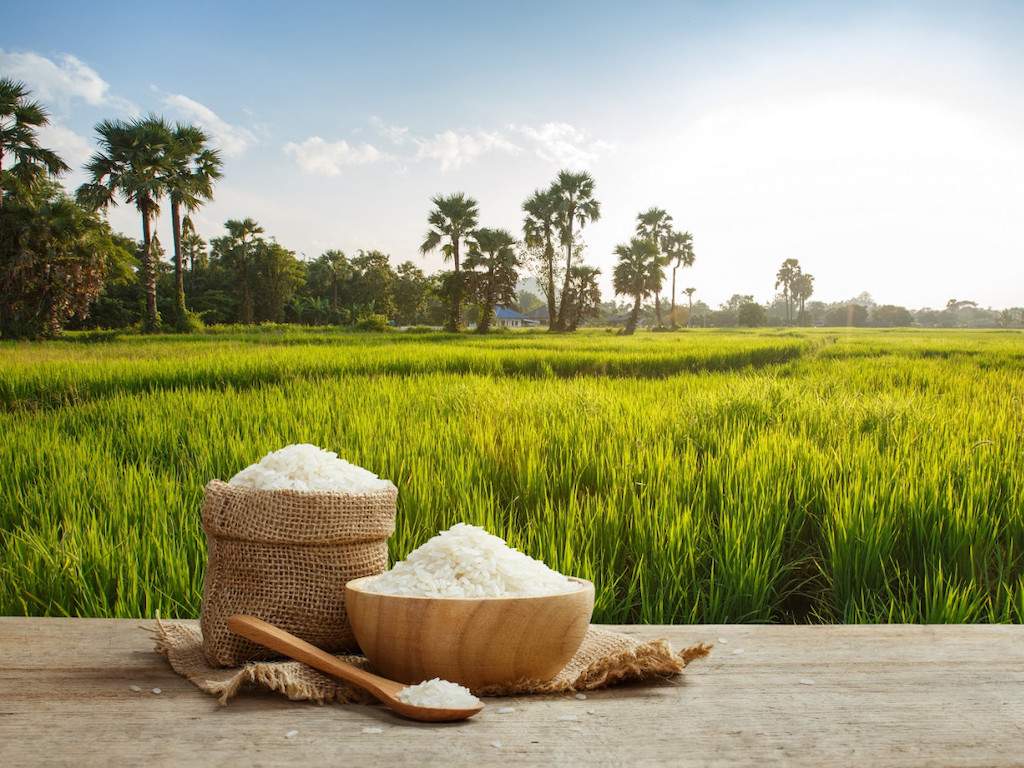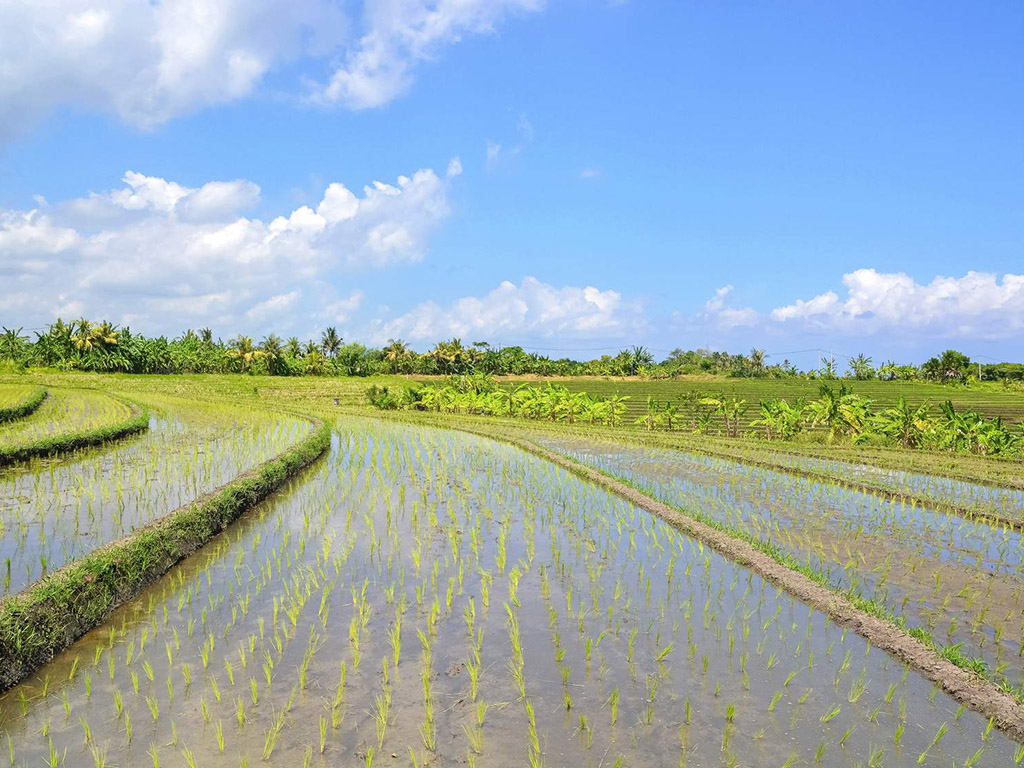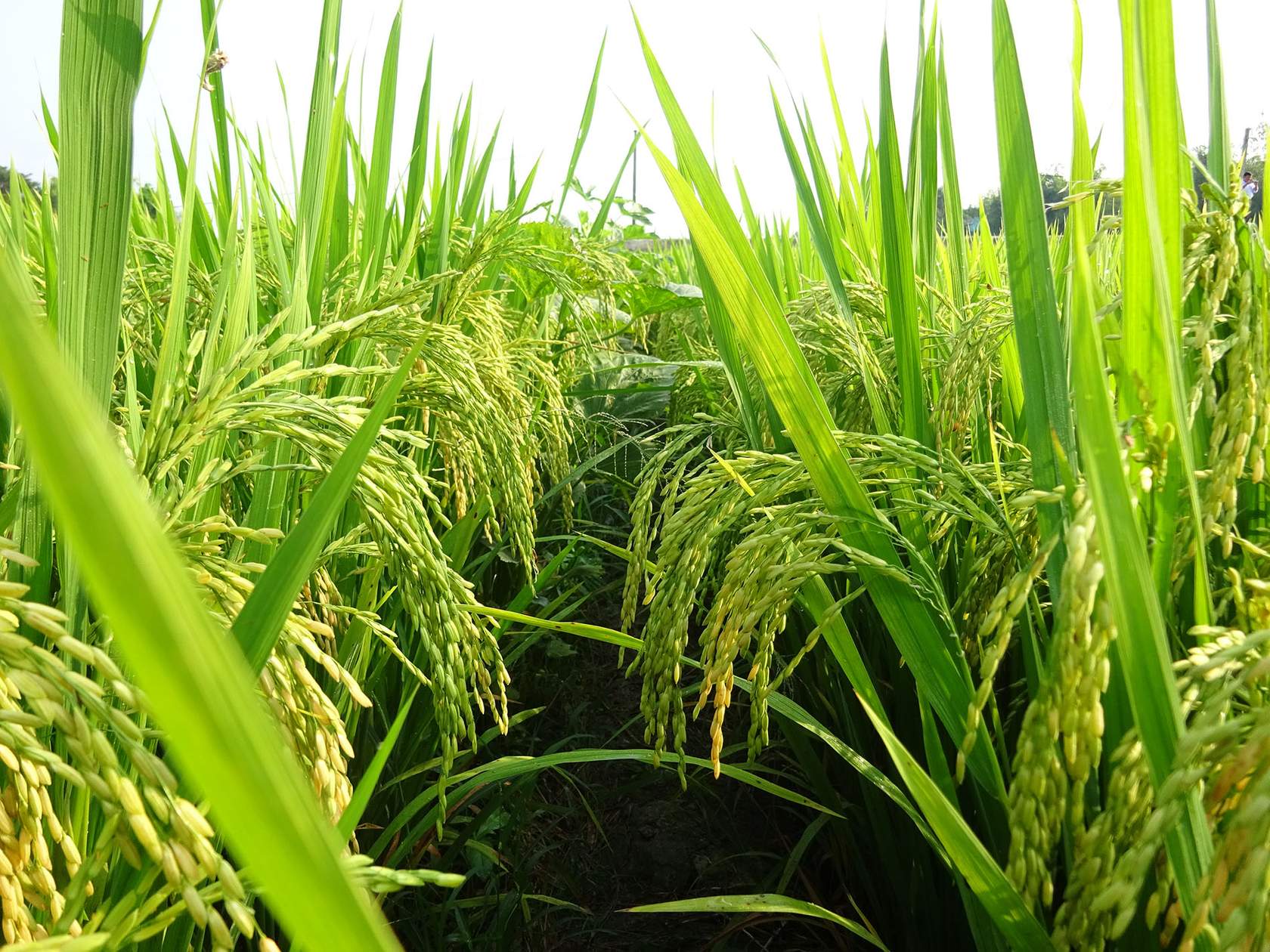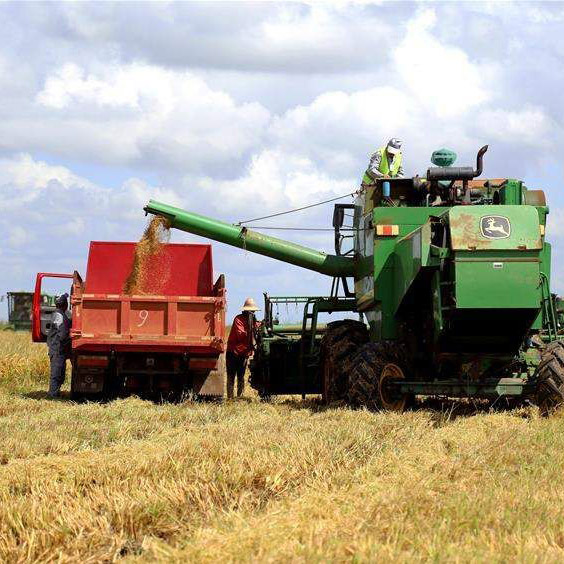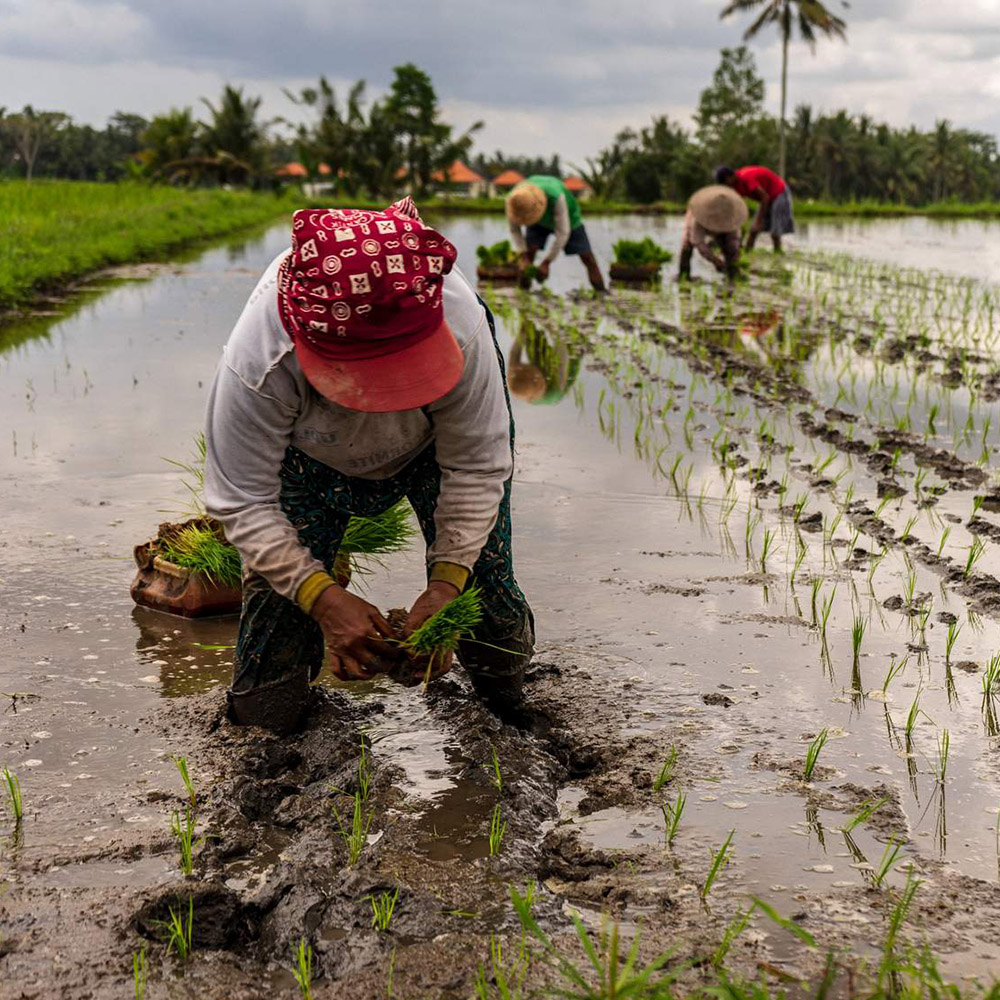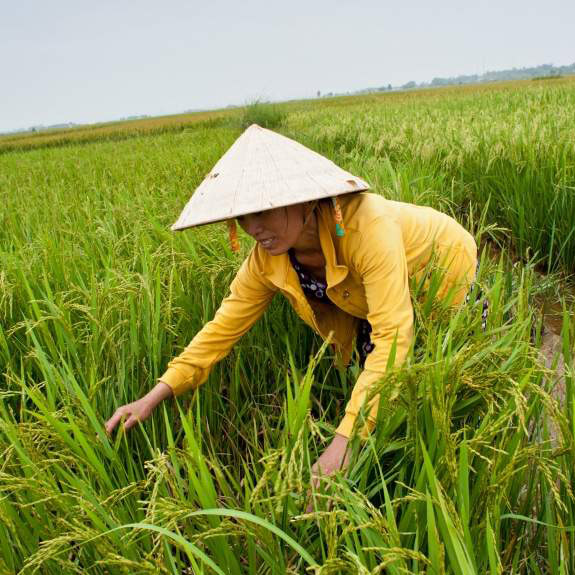
Progress 0%
Ridding the world of unnecessary packaging: Nohbo with Benjamin Stern
World's first land-based coral farm: Coral Vita with Sam Teicher
Climate-resilient agriculture: The Cacao Project with Louise Mabulo
Cleaning up floating ocean plastics: The Ocean CleanUp with Boyan Slat
Eliminating the idea of waste: TerraCycle with Tom Szaky
A circular model for second-hand clothing: FabricAID with Omar Itani
Planting trees, one goal at a time: Trees4Goals with Lesein Mutunkei
Exchanging waste for plants: Eco Star with Fatemah Alzelzela
Innovative technology to reduce rice waste: Rice Inc with Kisum Chan

Kisum Chan
Age when he came up with the solution: 18
Location: London/ Hong Kong
In 2016, Kisum graduated from the British International School in Ho Chi Minh City, Vietnam, completing both his GCSEs and the International Baccalaureate diploma before moving to the UK to study Biomedical Sciences at University College London, where he was active in UCL’s Change Makers Program. He graduated from UCL in 2019, the year after he and three fellow students won the Hult Prize, an annual global social enterprise competition for students with a prize of $1 million, beating out 200,000 other entries. Kisum and his colleagues tackled the large-scale problem of wastage in the rice supply chain in South East Asia. Farmers were using inefficient traditional agricultural practices, ignoring new technologies and thus suffering from poor rice production and low incomes.

"Don’t be afraid of what other people think of your idea and pursue it no matter how ambitious or not ambitious it is in terms of the change that you want to make on the world"

Kisum Chan's solution: Rice Inc
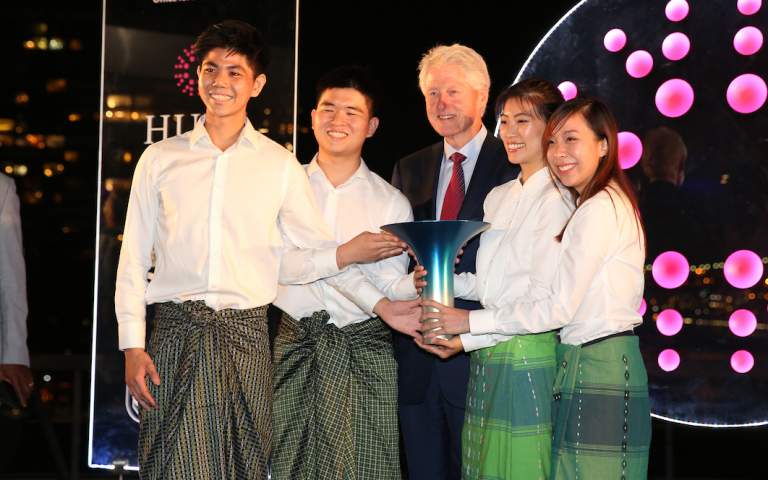
The Hult Prize victory provided the springboard for Kisum and fellow student Lincoln Lee to launch Rice Inc, a social enterprise, in 2018. The company works with farmers to help them reduce losses of rice and increase their income.
Photo source: Hult Prize 2018

They source and sell quality rice and re-invest the profits in vulnerable farming communities to build an ethical, sustainable and zero waste rice supply chain. For example, Rice Inc provides farmers with technology to dry rice, thus recovering up to 30% of rice that would otherwise be lost. This provides the world with more food and less greenhouse gas emissions.
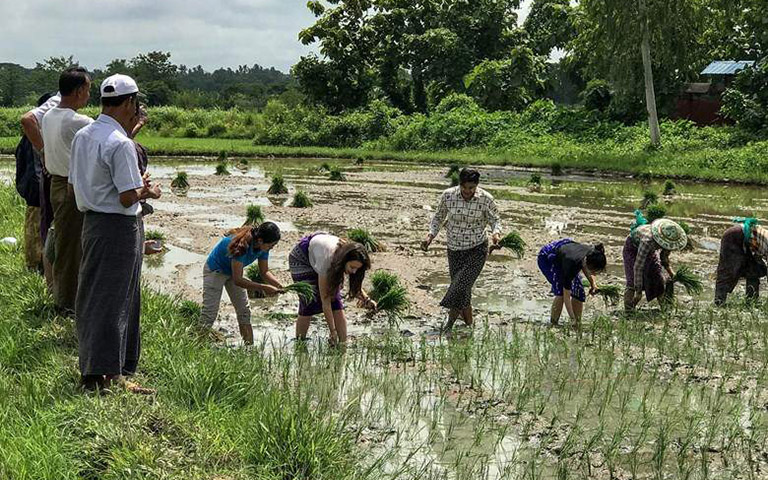
In its brief existence, Rice Inc claims to have saved the equivalent of 2 million rice meals and impacted over 200 farmers. The company is now selling high-quality rice on the world market through a distribution arrangement with Sodexo, a French food services company active in 80 countries.
Photo source: Rice Inc
Do you have questions?
Ask The Earth Prize Mentors!
Key Concepts

Other change-makers addressing unsustainable agriculture
See more

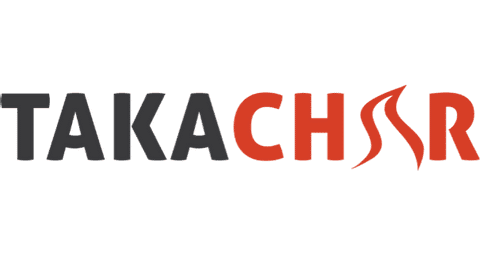
Takachar (India)
See more

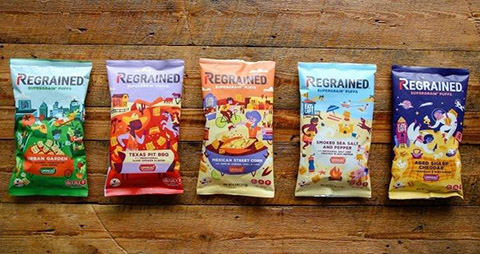
ReGrained
Do you have questions?
Ask The Earth Prize Mentors!
THIS WEBSITE USES COOKIES
We use cookies to provide you with the best possible experience. They also allow us to analyze user behavior in order to constantly improve the website for you. You can read more about our and .

